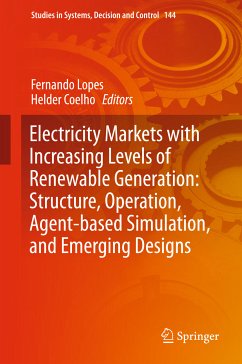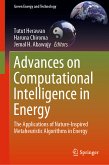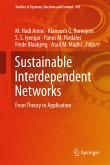This book describes the common ground between electricity markets (EMs) and software agents (or artificial intelligence generally).
It presents an up-to-date introduction to EMs and intelligent agents, and offers a comprehensive description of the research advances and key achievements related to existing and emerging market designs to reliably and efficiently manage the potential challenges of variable generation (VG). Most EMs are unique in their complex relationships between economics and the physics of energy, but were created without the notion that large penetrations of variable generation (VG) would be part of the supply mix. An advanced multi-agent approach simulates the behavior of power markets over time, particularly markets with large-scale penetrations of renewable resources.
It is intended as a reference book for researchers, academics and industry practitioners, but given the scope of the chapters and the highly accessiblestyle, the book also provides a coherent foundation for several different graduate courses.
Dieser Download kann aus rechtlichen Gründen nur mit Rechnungsadresse in A, B, BG, CY, CZ, D, DK, EW, E, FIN, F, GR, HR, H, IRL, I, LT, L, LR, M, NL, PL, P, R, S, SLO, SK ausgeliefert werden.
"The book explores in depth the intersection between electricity markets and multi-agent systems. To the best of our knowledge this is the first single volume that tries to achieve this, having a large scope, from more traditional to emerging electricity markets and from market design to agent-based simulation." (Georgios Martinopoulos, Energy, Vol. 186, November, 2019)









